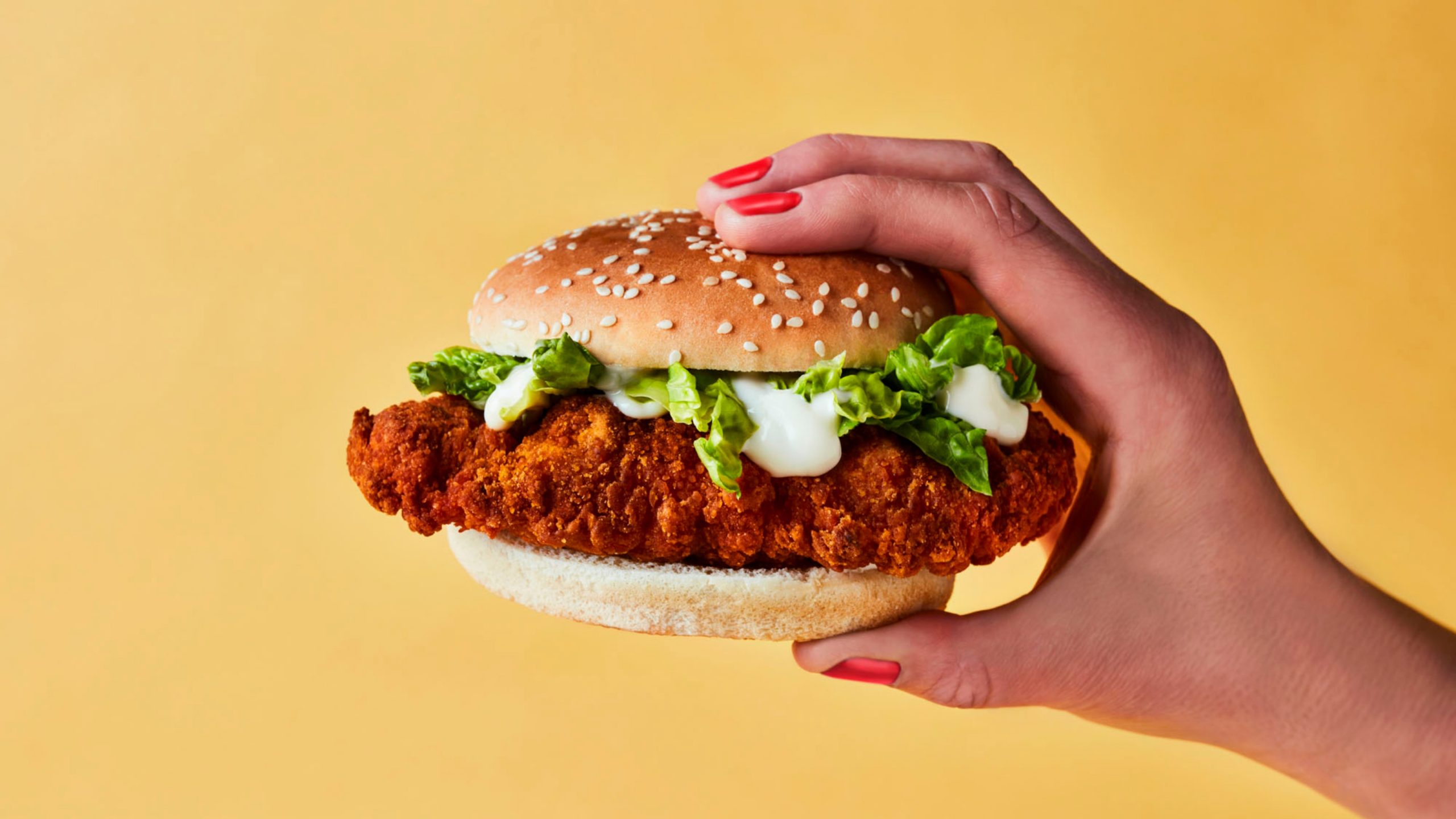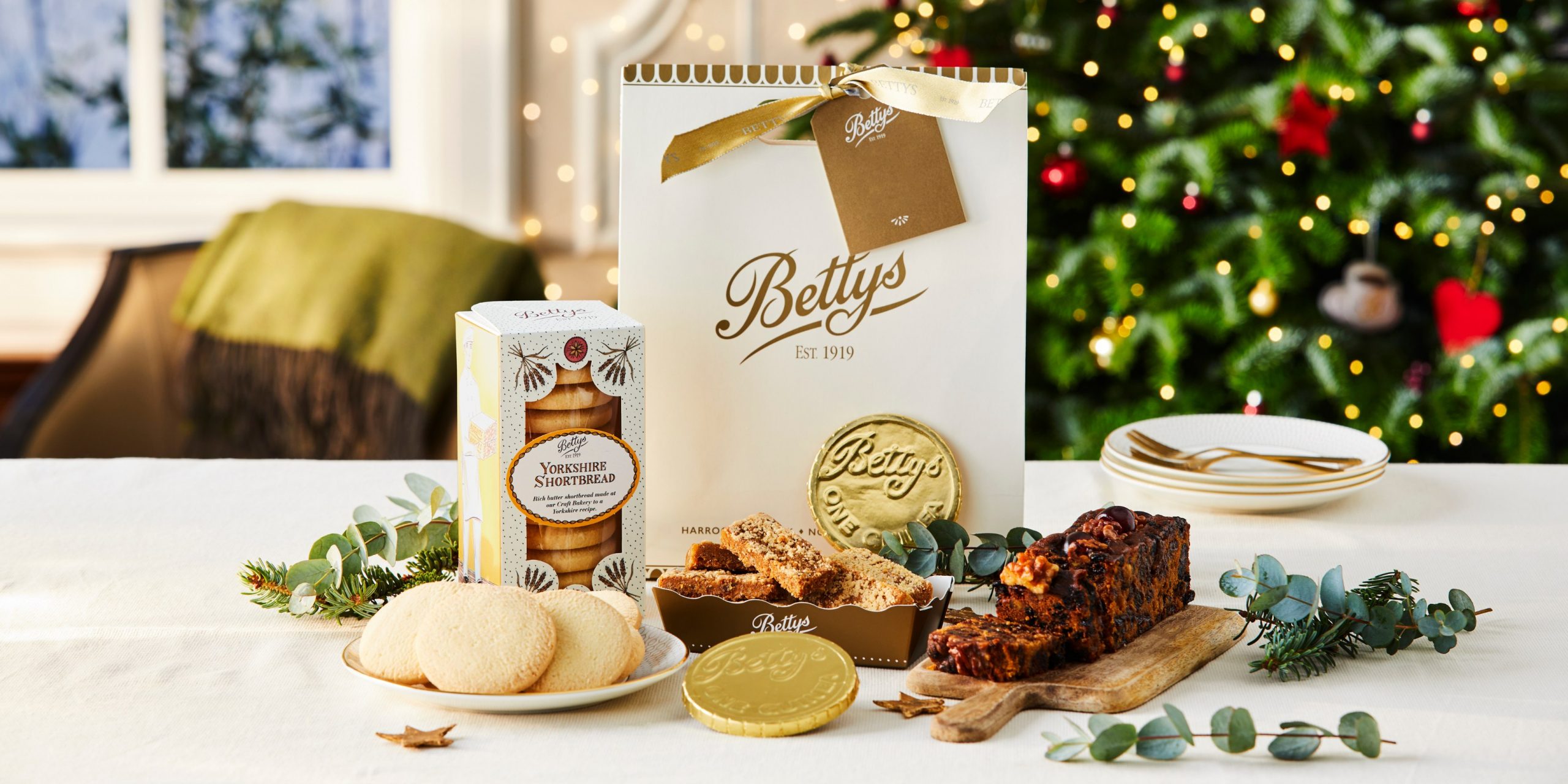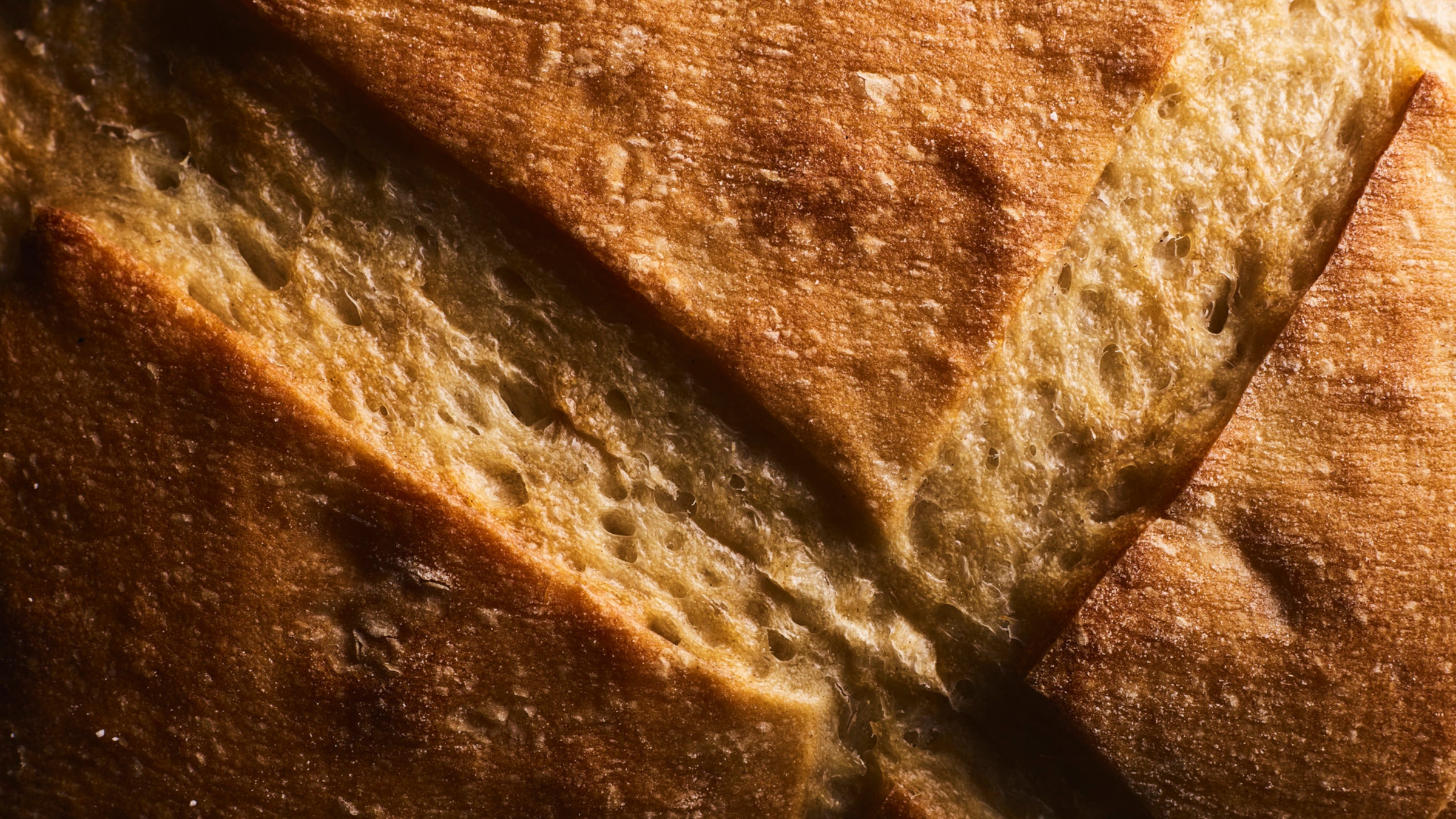Fermented foods are worth all the hype
Summer and early Autumn are the best times for berry buyers and pickers. UK supermarkets and independent shops are full of farm fresh strawberries and raspberries, and the hedgerows are bursting with brambles and blackberries.
In this series, Eden is taking a closer look at some of the UK’s most wasted foods and sharing our top tips for savouring, rather than scrapping, what’s left.
About this post
Published
Author
October 18, 2022
Maite Gonzalez
But berries are often seen as an expensive treat and have definitely increased in price in recent years as farmers have been grappling with the impacts of Brexit, climate change, disease impacts on harvests and import status.
Berries bought outside of the UK’s growing season will also be subject to higher prices as they will have come from overseas. I believe it is mostly these berries – ones that have come onto our shores – that we struggle with the most, as by the time they get to our fridges… the mould is ready to set in.
My best advice would therefore be to only buy berries when they’re in season; savour and appreciate their sweet and fresh flavour as a wonder of the hotter months.
Sadly, once berries have begun to grow mould, there’s little you can do to save them, so enjoy them in the immediate days after your food shop, freeze as soon as you can, or use some transformative recipes and techniques to make them last longer.
I am not immune to the alure of a blackberry in particular…
So, I want to explore my favourite method of preserving berries with you: Fermentation.
We have been fermenting foods for thousands of years, and this process has enabled us to survive by preserving food from times of abundance to times of scarcity. Fermentation also drastically diversifies and, in many cases, increases the nutritional properties of food and feeds the internal bacteria that we rely on to keep us in working order.
Fermenting food also breaks down harmful properties making things like Elderberries – which contain cyanide – safer to consume.
We are now as a collective slowly starting to re-recognise the important role of fermentation for our health, and as a sustainable action for our food system.
So, let’s talk lacto-fermented Blackberries.
Wild blackberries are covered in wild yeasts and are a perfect starting berry for fermentation novices because they grow in hedgerows quite literally all over the British Isles so you can pick a load of them and get experimenting.
I went foraging out in Rodley Park, picked as many blackberries as I could whilst leaving a good amount there (always do this whilst foraging to ensure you don’t deplete the area you are picking from), gave them a quick rinse to remove any lingering critters and got to work. I mixed the blackberries with a 5% salt brine and a little bit of sugar, then let the bacteria do their thing.
Advice: Make sure the jar you use has a gas release valve! Lacto-fermentation produces CO2 as a bi-product when lactobacillus bacteria break down the sugars in food to produce lactic acid – which means fermentation vessels can “go boom” if you don’t burp them.
The best guides I can sign post you to for this style of fermentation are Sandor Katz Wild Fermentation and Noma Guide to Fermentation, as they will be able to explain it faaaar more eloquently than I ever will! A great and incredibly entertaining fermentation deep dive is also provided by Bon Appetites’ Brad Lenoe in his “It’s Alive” YouTube series.
So, you’ve got your fermented blackberries… now what?
A few ways that we have used them in our Powerhouse lunches so far:
-
Fermented blackberries and Tonic – a great alcohol-free probiotic cocktail.
Mix 2 tablespoons of the fermented blackberry liquid – if you don’t mind “bits”, feel free to go ahead and get to tablespoons of the actual blackberries as well. Muddle with a squeeze of lemon, then add lots of ice & tonic to fill the glass.
If you have a sweet tooth, feel free to add some simple syrup.
-
Fermented blackberries and elderflower vinegar dressing.
If you don’t have any elderflower dressing (I make mine from scratch, but you will be able to find some online) use white wine vinegar instead and do as follows:
Mix 4 tbsp fermented blackberries, 4 tablespoons of vinegar (if using white wine add 2 tsp of maple syrup) salt and pepper into a jam jar and shake to emulsify. It will last in the fridge for at least a month, it’s simple but wonderfully floral and packed with flavour.
-
Fermented blackberries and yoghurt on crepes.
Fermented blackberries are by nature tangier and sourer than their non-fermented friends, so sweetening your crepe batter or drizzling with some maple syrup or honey is a great way to introduce some sweetness and balance flavours.
-
Fermented blackberry hot sauce.
So, before you let your storebought or wild berries go mouldy in the fridge, why not try fermenting them? At the very least you’ve stopped something going in the bin and at the most you’ve discovered a whole new culinary adventure!





